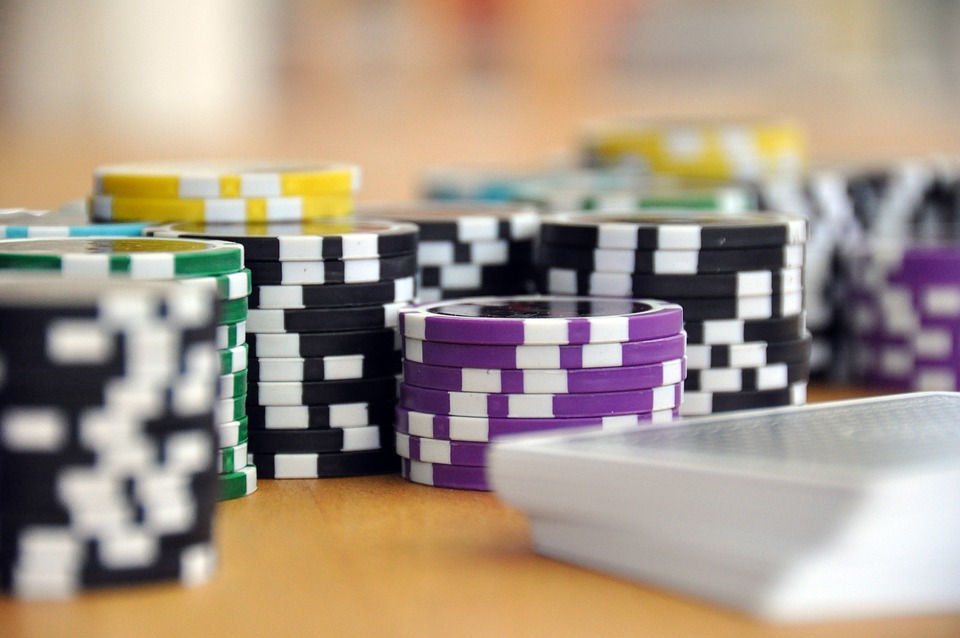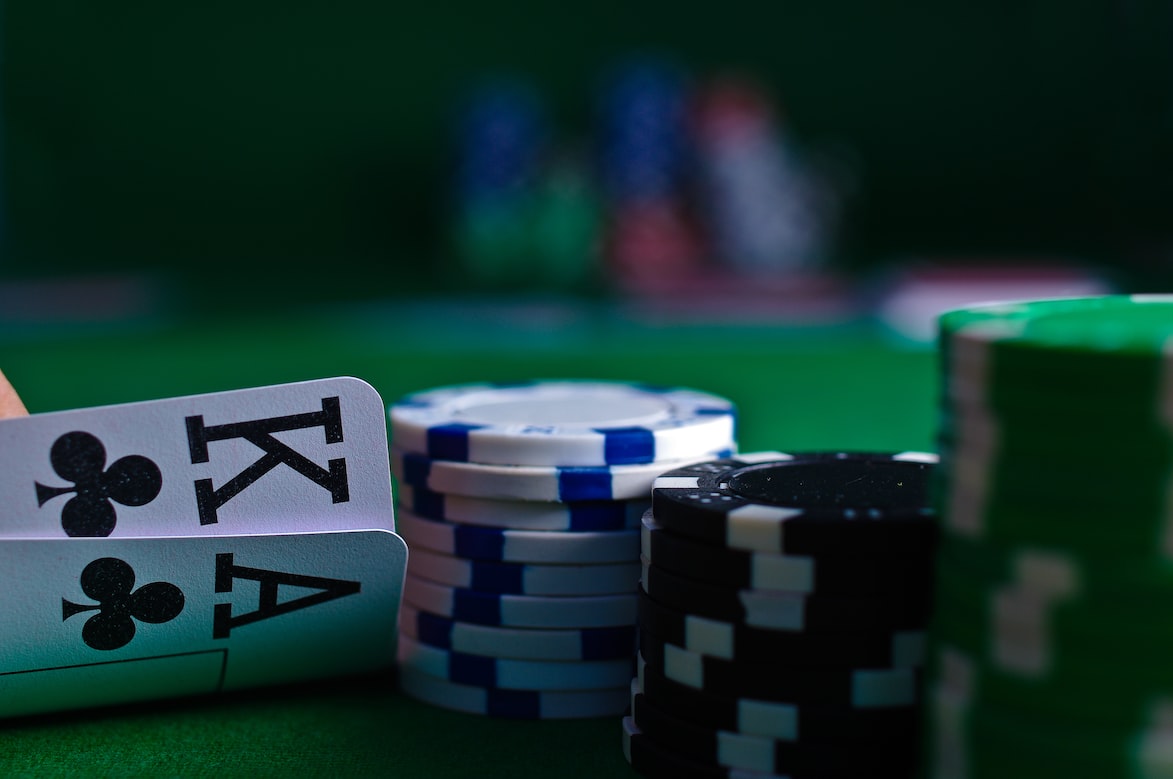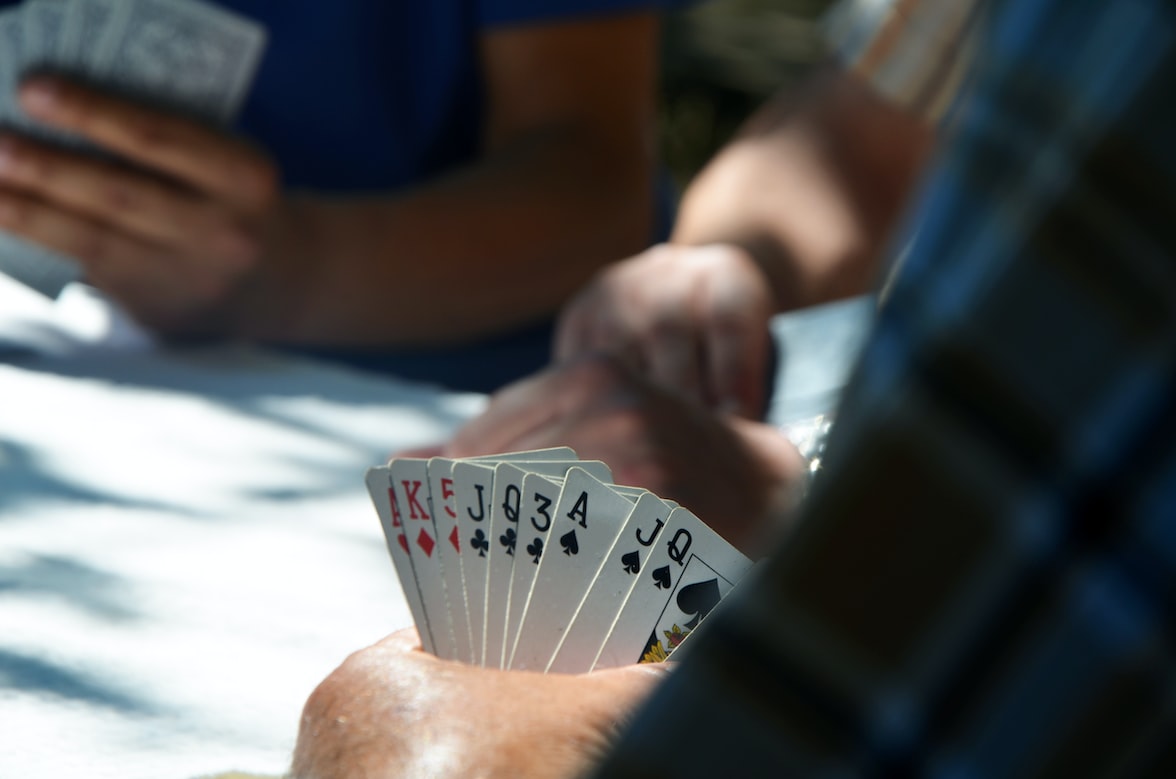
Poker is one of the world’s biggest games for many reasons. It draws players from all walks of life, appealing to a wide range of demographics. The game is known for being relatively easy to pick up but difficult to master; novice players are immediately swept up in the game, so it has some element of accessibility that makes it suitable for players with different levels of gaming experience. Additionally, poker has an element of sociality that you can’t replicate in more solitary card games. Players get a chance to banter and interact with others while they test their skills, which only serves to make the game more exciting. Poker can also teach important math and strategizing lessons, making it ideal if you want to engage your brain in something entertaining. In short, this timeless classic remains popular due to its diverse fanbase and broad appeal – no wonder it’s become one of the most played games in all corners of the world!
The strategic depth of poker is unrivaled; there are countless ways to play in every scenario. With so much to consider, it can be intimidating for beginners to know where to take their first steps. Poker’s popularity lends itself well to helping beginners learn the game. Many resources are available online, from written poker guides to direct coaching from poker pros. In this article, we’ll give you the best tips you need to know before even trying poker. Let’s get started!

Understand the rules of the game
The first step to being successful at poker is understanding the rules. Every type of poker has unique rules, such as Texas Holdem versus Omaha or Seven Card Stud. Take some time to learn the specifics of each game before you jump into playing. You also must find a format you enjoy and stick to it. Switching between poker variants too often will hinder your ability to learn the game effectively, as it’s hard enough learning one poker variant. Stick to a single variant and format when starting; you can branch out later as you learn the game and want to spice things up.
Stay Calm and Rested
For the same reasons, you shouldn’t play while angry. Tiring yourself out while playing poker is not recommended. When a person’s physical and mental focus is weakened due to exhaustion, their decisions become poor, and their odds of winning are reduced. Even if you’re not angry at the game, there is a mental cost to playing too much poker without breaks. It’s best to take frequent breaks to stay mentally sharp, as this will allow you to make better decisions and have the edge over your opponents. As with anything else, moderating your poker activity is the key to success!
Pay attention to your opponents.
One of the best ways to improve your performance in poker is by analyzing your opponents’ behavior at the table. Observing how your opponents act when they have strong hands or weak hands, what their betting patterns look like, or how they react when someone else makes a big move against them – all these things can give clues as to what kind of cards they may have in their hand or what their strategies might be moving forward in the game session. Paying attention to these details can help you make better decisions about what moves you should make next and give yourself an edge over your opponents, who may not be paying attention as closely as you are!

Play online poker
Deciding how to play poker is critical in launching your journey into the game. For most, playing online poker offers several distinct advantages over live play. These include playing to your schedule, practicing games with low stakes, and having access to different games. Additionally, online play provides site bonuses to increase your winnings directly. Furthermore, those just getting started can easily find quick tables and tournaments that suit their skill level with table sizes from two players up to dozens at once – something that is not always possible when playing live. All in all, anyone looking to take their first steps in the world of poker should strongly consider starting their journey by playing online.
Practice good mental
The mental game of poker is integral to success. Even the most seasoned and experienced player will tell you that understanding how your emotions can affect your gameplay is essential to winning in the long term. To maximize profits, it’s important to recognize if you’re on an emotional rollercoaster and stay as level-headed as possible. Playing while angry or sad won’t do you any good and can quickly lead to losses, making you feel worse. The best advice any good poker player could impart would be to remain aware of yourself—your emotions, behavior, and rationale—when you are at the table so that your decision-making continues to be rational and optimal. Take breaks if you need to, and always remember poker is just a game.

Try these tips now!
You now know five critical tips to help you improve your poker game the next time you play. Use them to your advantage, and don’t be afraid to experiment with different strategies until you find what works best for you. And remember, practice makes perfect. The more you play, the better you’ll get at reading people and making strategic moves. So what are you waiting for? Get out there and start winning!
 Skip to content
Skip to content





